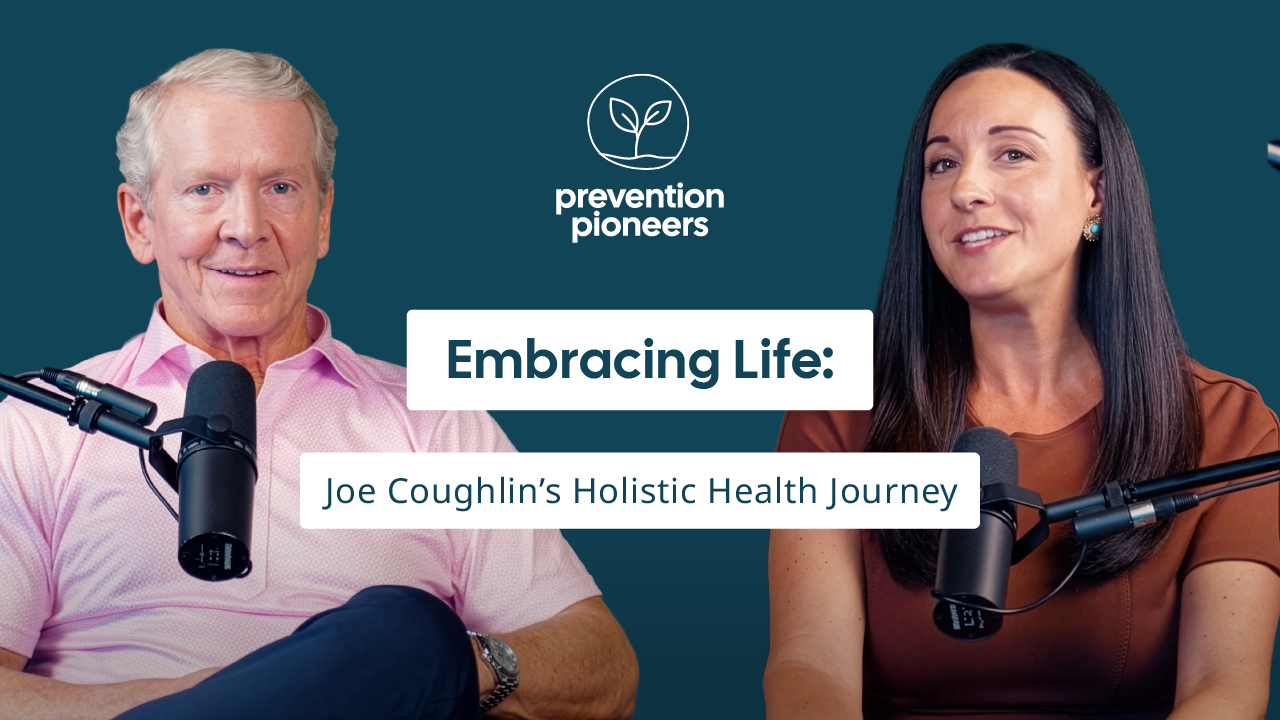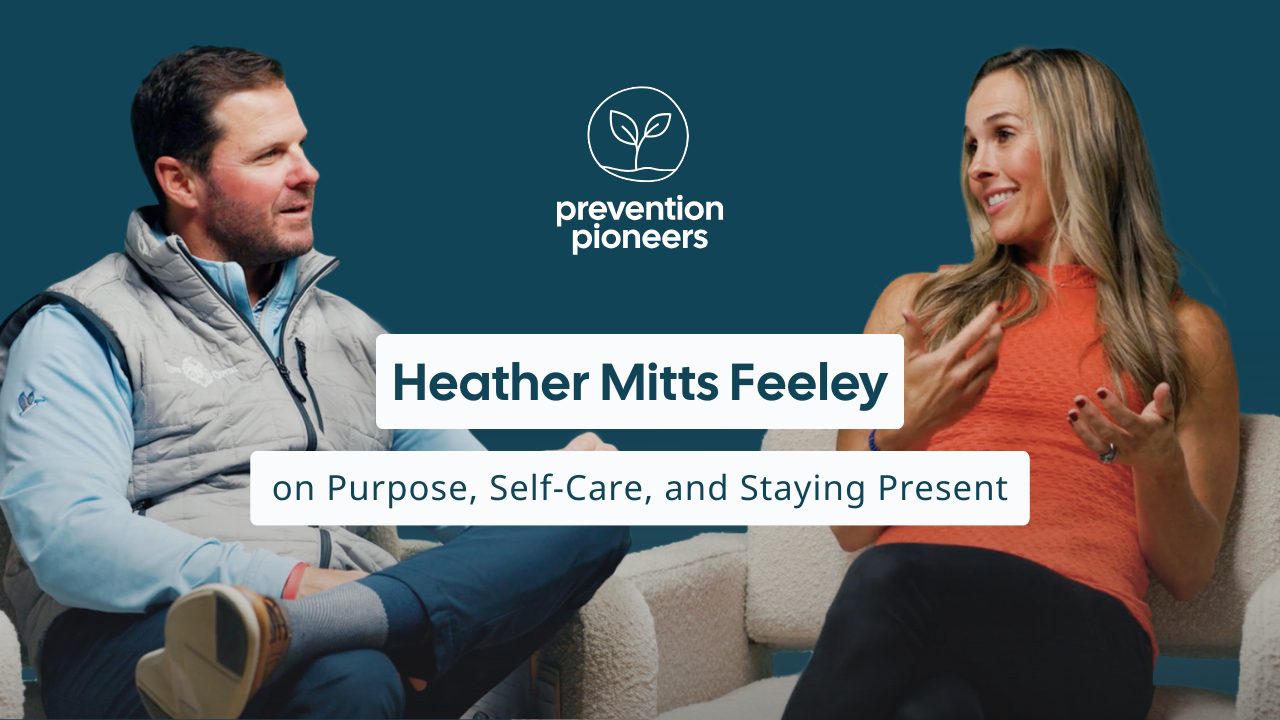How ONE Role is Changing Campus Mental Health

Somewhere between trying to fix the system and surviving inside of it, many of us start asking: is there a better way?
In this episode of Prevention Pioneers, Laura sits down with Dr. Jessi Gold, a psychiatrist, bestselling author, and the very first Chief Wellness Officer overseeing all five campuses of the University of Tennessee.
Together, Laura and Jessi explore how wellness—too often treated as a checkbox—can become a deeply rooted value across institutions.
Jessi shares the behind-the-scenes story of how her role came to be, the lessons she carried from clinical practice into systems change, and why being herself—fully and unapologetically—is a critical part of doing this work well.
You’ll also hear how her unique position allows her to zoom out and reimagine what true, system-wide wellness support should look like on college campuses.
They also talk about the limits of crisis response, the often-overlooked importance of teaching emotional and social skills, why peer-to-peer support is more necessary than ever for today’s students, and so much more.
This conversation is thoughtful, candid, and rich with insights for anyone working to change complex systems from the inside out.
The Job That Didn’t Exist (Until It Did)
Jessi’s current role was born out of a unique moment. During the pandemic, mental health care systems were under massive strain, and Jessi, with both clinical experience and a systems mind, stepped up to help.
That work ultimately led her to a job that no one had ever held before: building out a system-wide wellness strategy across five distinct campuses, each with its own culture, needs, and gaps.
She didn’t walk into a clearly defined role. She walked into a blank slate—and built something from the ground up.
Why Authenticity Is NEVER Optional
Being yourself at work is more than a nice idea, it’s a form of protection. Against disconnection, against burnout, and against the slow erosion of purpose that happens when we trade who we are for who we think we need to be.
Jessi talks candidly about losing parts of herself during medical training, the work it took to find her way back, and why showing up with vulnerability is core to the kind of culture she wants to create.
Campuses Need More Than Counseling, Here’s Why
College is often the first place a young adult reaches out for mental health support, however, not every issue is clinical, and not every student needs a diagnosis or therapy.
What many do need is education: emotional regulation, communication skills, connection, and community. But those aren’t being taught. And counseling centers, as important as they are, can’t cover the whole continuum of care.
It’s not enough to wait for a crisis. We need systems that catch students earlier and support them differently.
Fixing Systems: Not Glamorous Work, But Necessary
Throughout the episode, Jessi challenges the idea that a wellness program or a single hire can solve a culture problem. Leaders need to go deeper—to gather data, understand the root causes, and invest in the hard, often boring work of building something that lasts.
Buying an app isn’t a strategy. It’s signaling. And that kind of surface-level solution just won’t cut it anymore.
Real Change Happens in the Middle
Whether it’s in healthcare, education, or corporate teams, real cultural change doesn’t happen from the top, it happens in the middle.
Middle managers, faculty, team leads: these are the people who shape our day-to-day experience. But most are under-resourced and under-trained to deal with the emotional weight their teams carry.
Training them to lead with emotional intelligence—and giving them permission to care—could be the lever that shifts entire institutions.
Final Thoughts
This is a reminder that systems don’t change unless people do. That culture is made up of choices we make every day—about how we show up, what we tolerate, and what we believe people deserve.
Jessi isn’t just building wellness programs. She’s asking better questions. And if we want a future where support isn’t just something we offer in crisis, we need to start listening to leaders like her.


